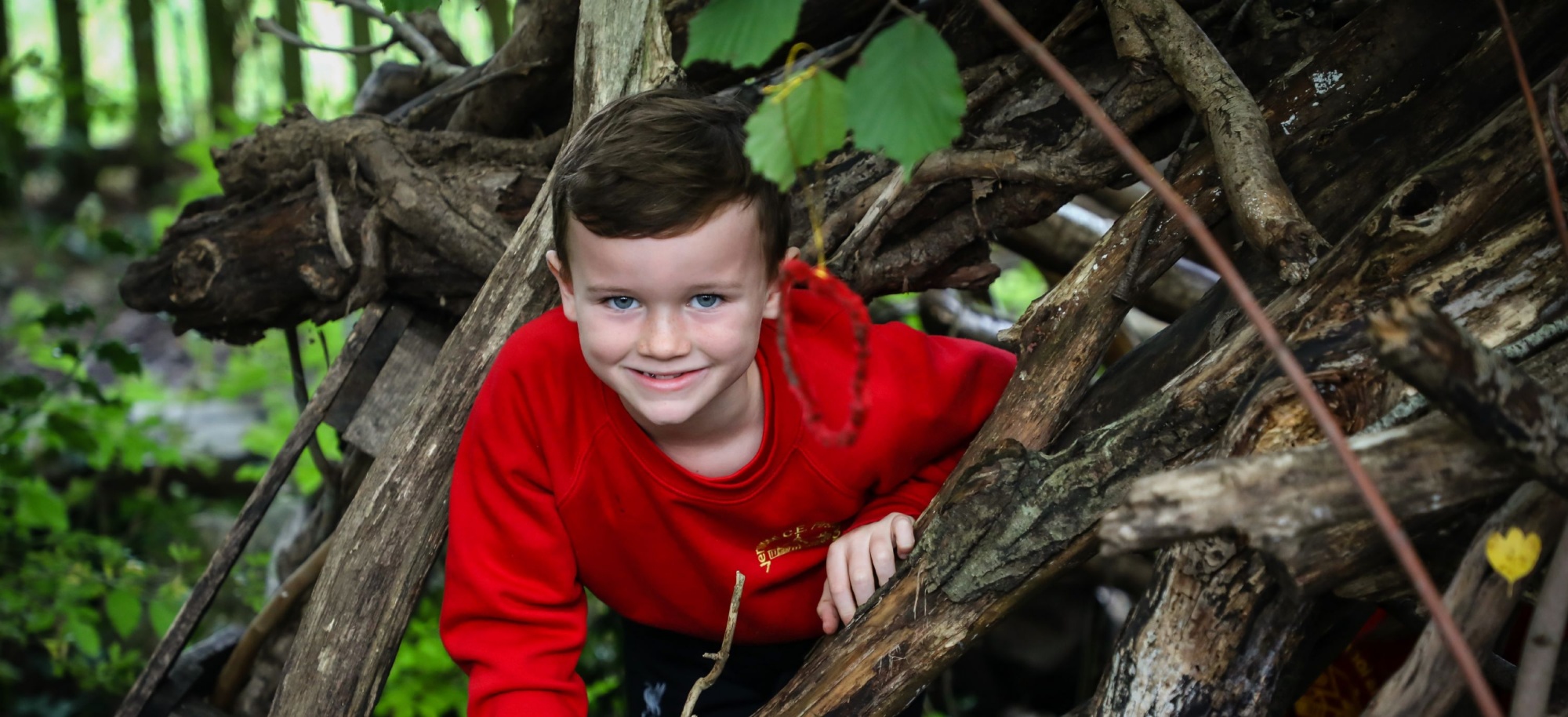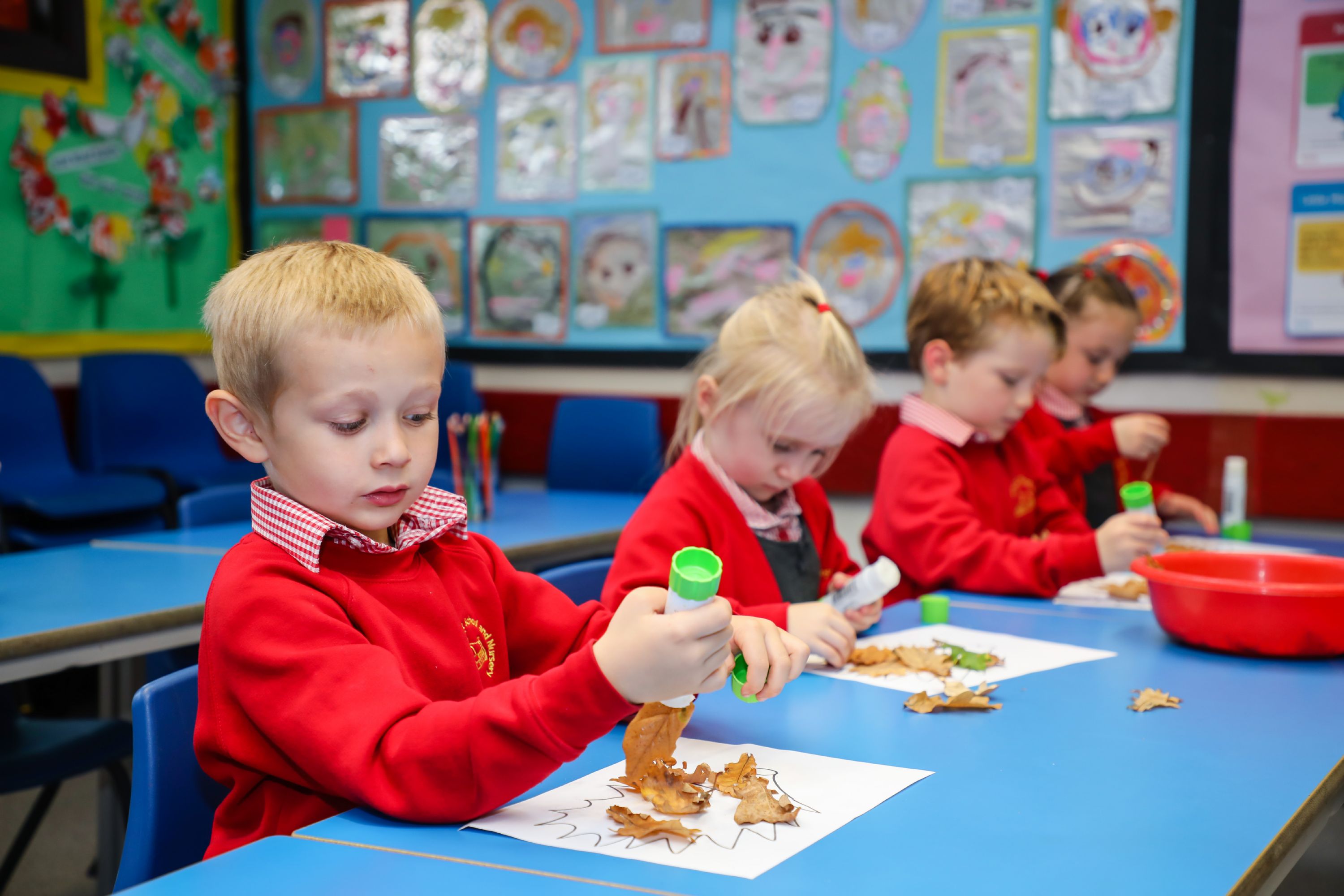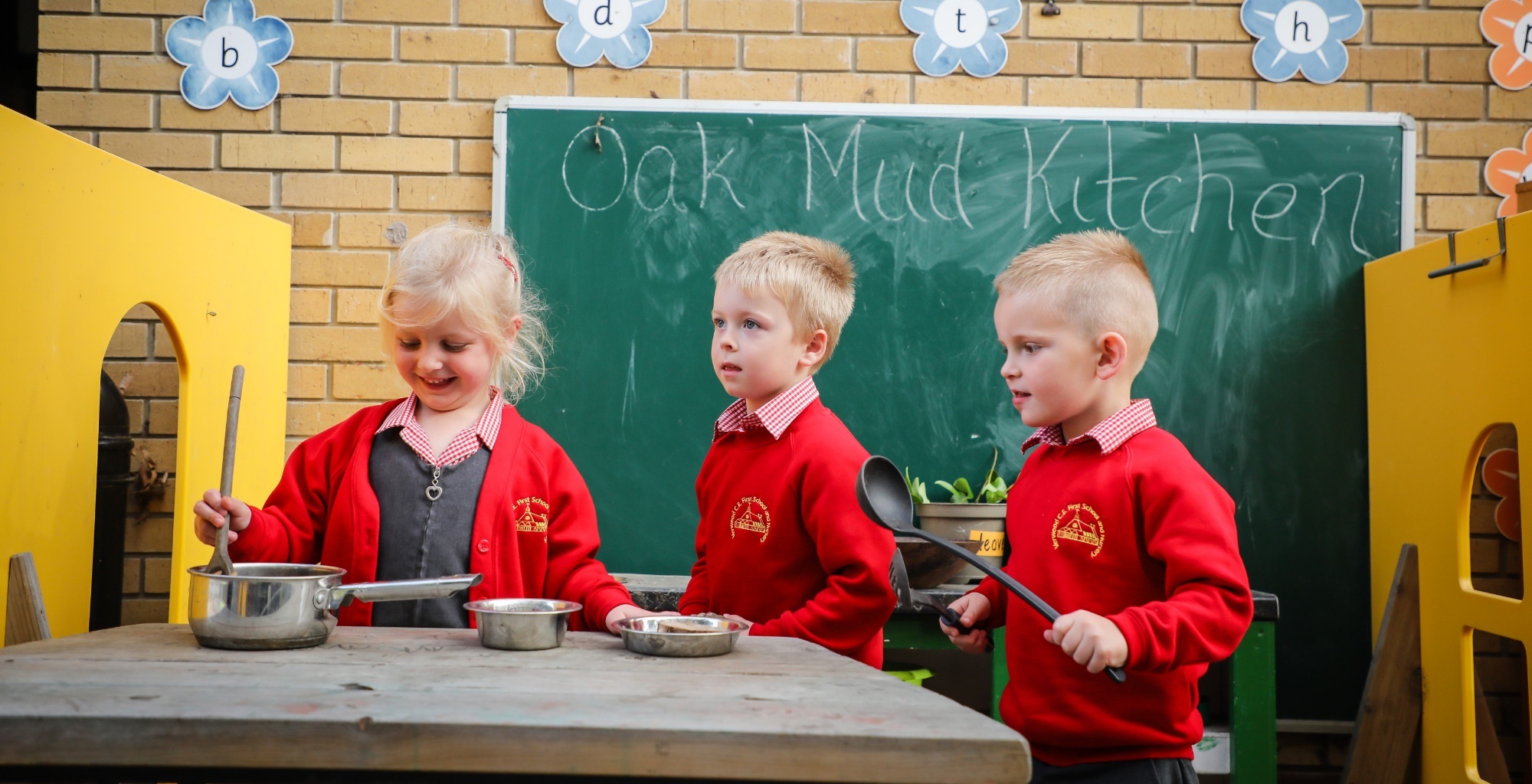History
History
“History studies not just facts and institutions, its real subject is the human spirit.”
Numa Denis Fustel de Coulanges
The study of history involves engaging children in investigating questions about people and events in the past. History allows children the chance to think of themselves as a person in the wider world, giving time to consider and investigate what their impact will be and what impact people had before us to shape our world as it is today. Through the study of history children will develop a wide range of critical thinking skills, which enable them to understand the contested nature of knowledge and to distinguish between ‘fact’ and subjectivity when it comes to reaching conclusions and making judgements about the past.
Our creative topic approach to teaching the curriculum ensures that History often provides the basis of many of our topics. We believe in providing our children with a range of opportunities to enable them to learn in a questioning environment; we facilitate this through an enquiry approach, which encourages children to learn History through big question led enquiries about significant events, people and changes. Through enquiry, our children not only build subject knowledge and understanding but become increasingly adept at critical thinking, the use of specialised vocabulary and their grasp of subject concepts. Our curriculum is therefore ‘knowledge rich’ rather than content heavy as we recognise that if we attempt to teach historical topics, places, themes and issues in their entirety we restrict opportunities for children to master and apply critical thinking skills and achieve more challenging subject outcomes. The history curriculum places much emphasis on the big picture of history, chronological understanding and making sense of how it all fits together. Our enquiries allow children opportunities to evaluate both change and progress from one historical period to another and to build on previous knowledge and understanding as they tackle more complex and demanding enquiries. The children will be provided with many exciting opportunities to learn about the continuities and changes between periods and how the past influences the present. The enquiries become progressively more challenging throughout the children’s journey with us, both in terms of the complexity of the subject knowledge we want our children to acquire and also the critical thinking skills we support them to utilise to ensure they understand the significance of that knowledge. As children develop a chronological framework for their knowledge of significant events and people, they will recognise the diversity of human experience and understand more about themselves as individuals and members of society.
Our learning and teaching in history is interactive and practical allowing opportunities for children to work independently, in pairs and also in groups of various sizes both inside and outside of the classroom. Wherever possible we provide our children with historical evidence including narratives, paintings, photographs, artefacts, and data to analyse and from which to reach conclusions and make judgements. We provide varied and differentiated ways for children to record the outcomes of their learning including the use of PowerPoint, annotated diagrams, improvised drama and the application of a wide range of writing genres. Only in this way, will knowledge become embedded and ‘sticky’ and ensure that our children can build on what they know and understand from one year to the next. The schemes of work for each historical enquiry are carefully structured through the use of ancillary questions, to enable children to build their knowledge and understanding in incremental steps of increasing complexity until they reach the point where they are able to answer the question posed at the beginning of the investigation. Our learning and teaching in history also recognises the importance of the local area.







